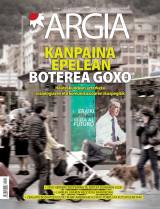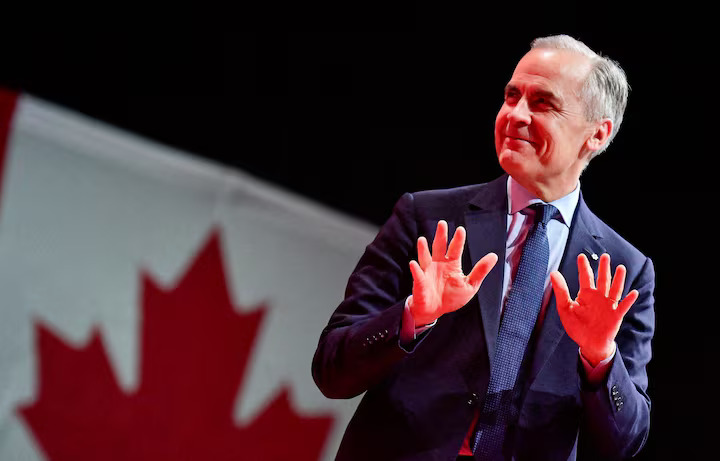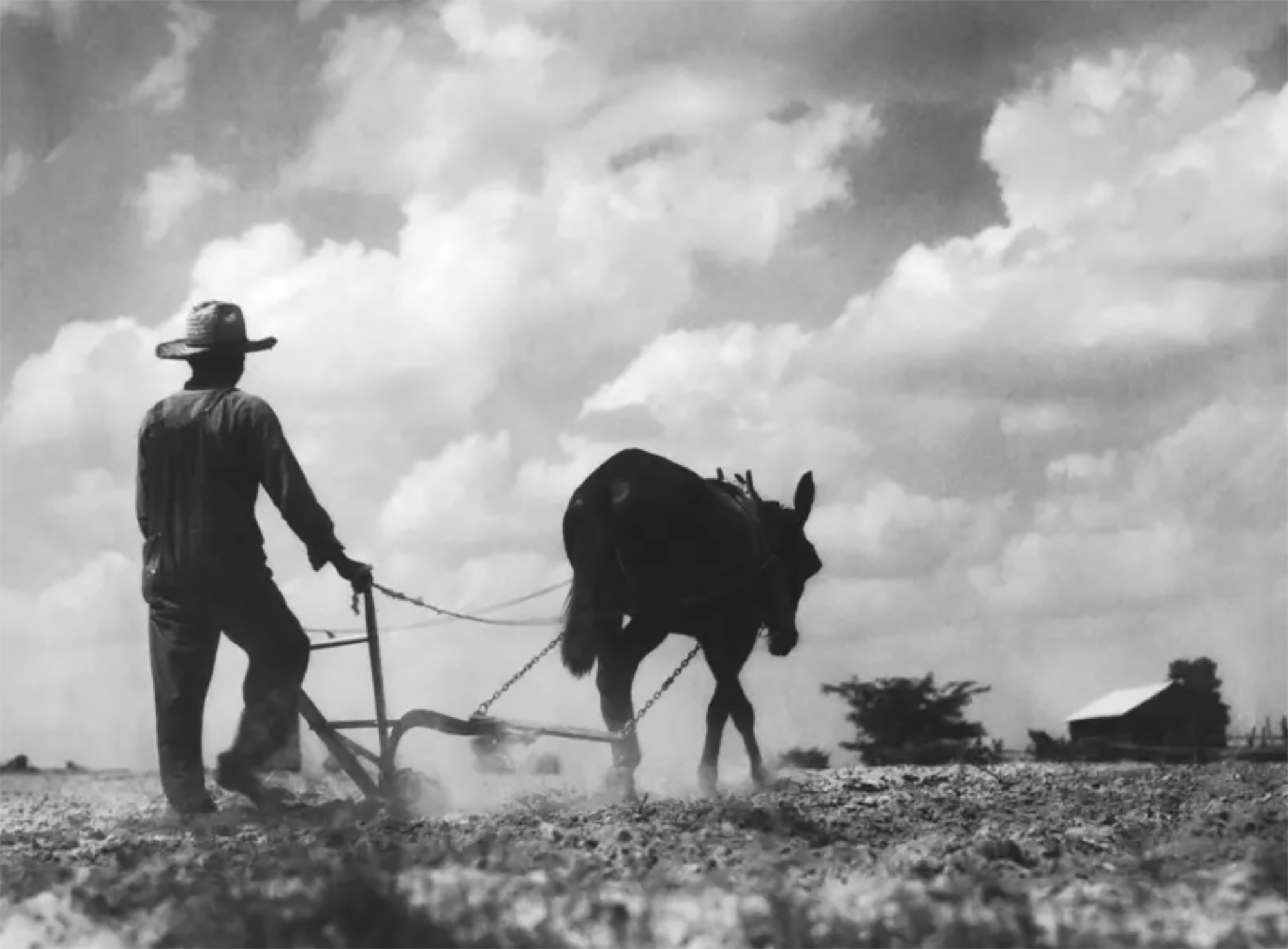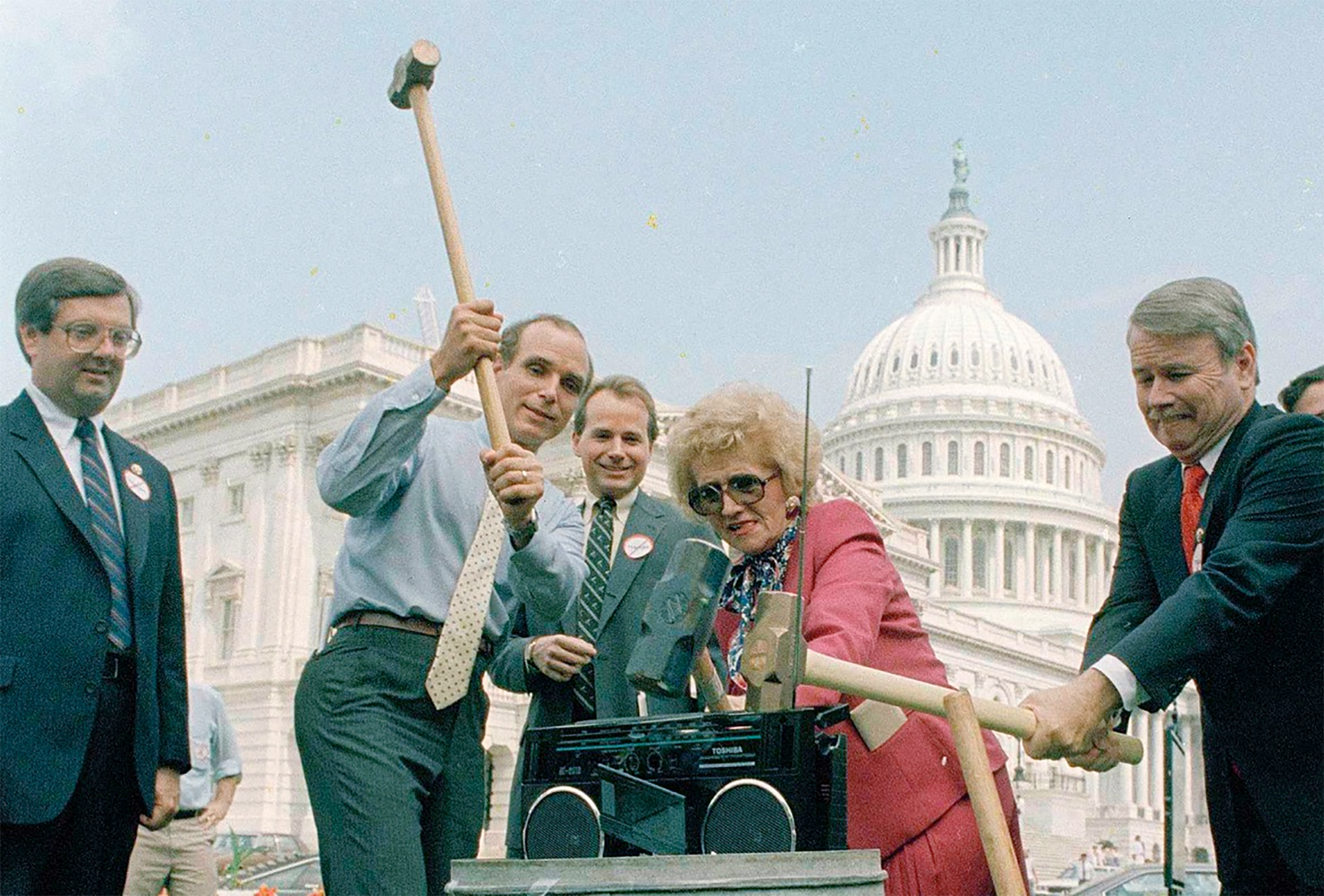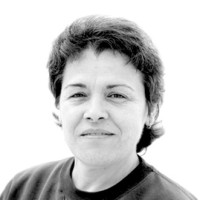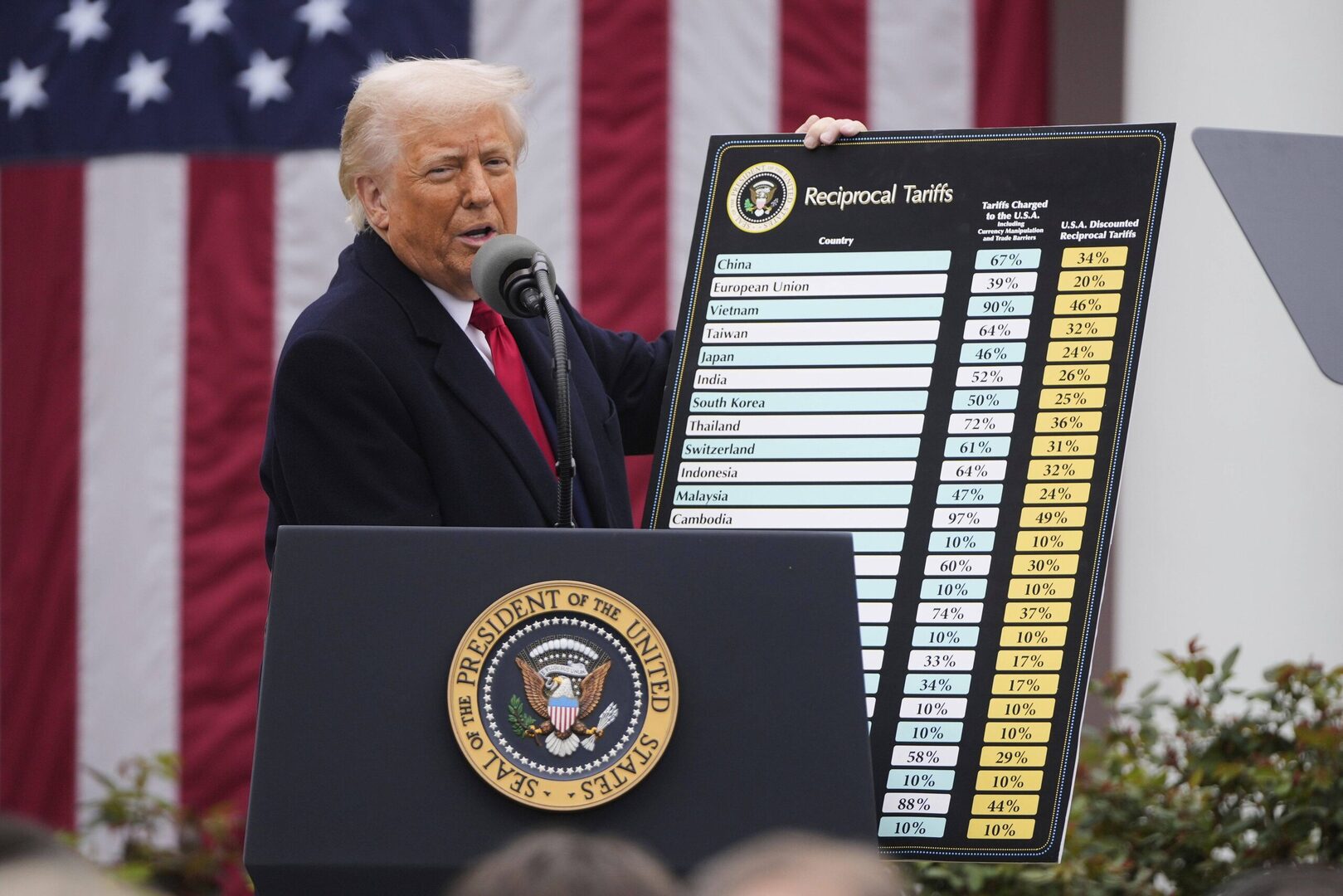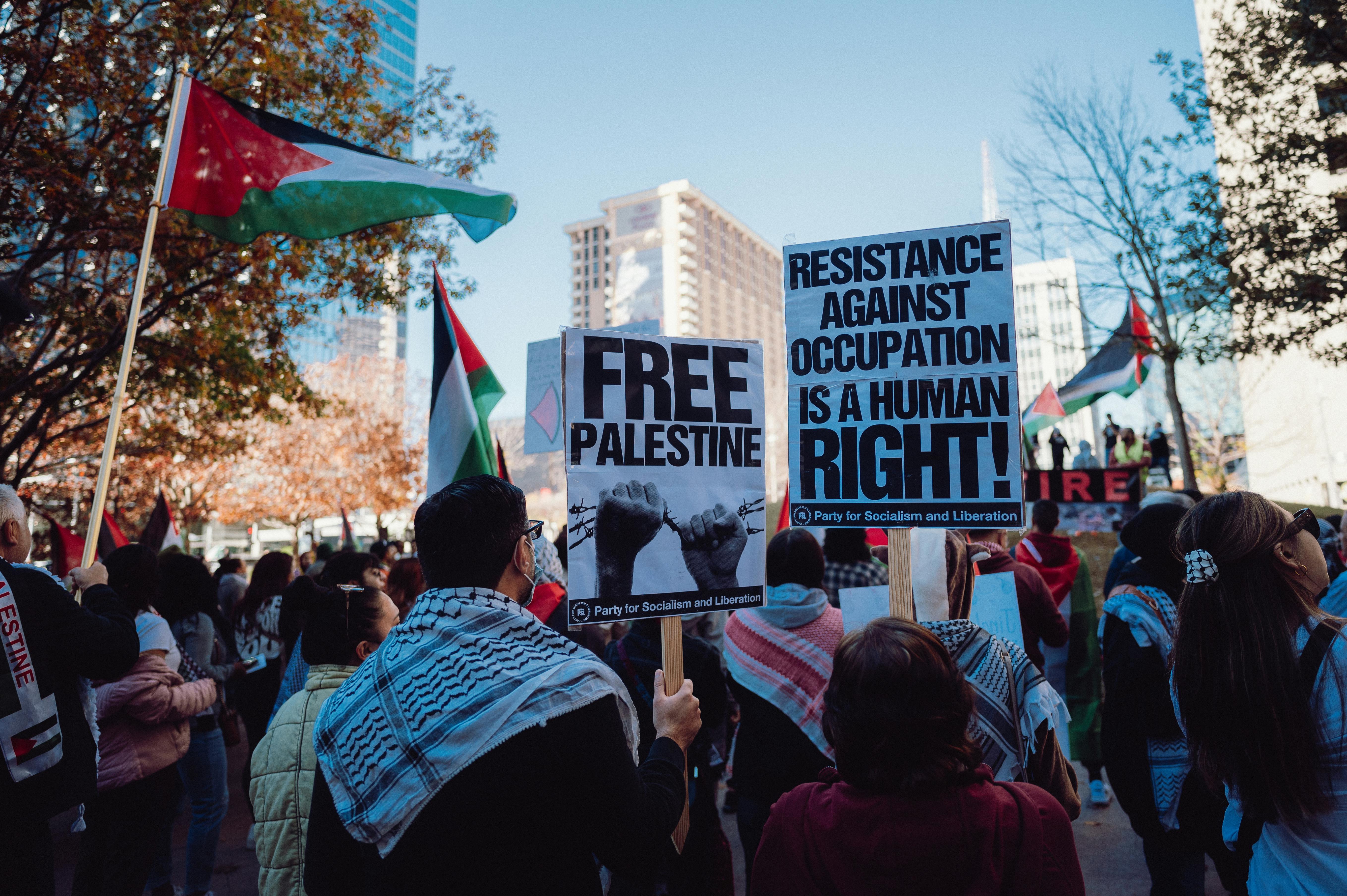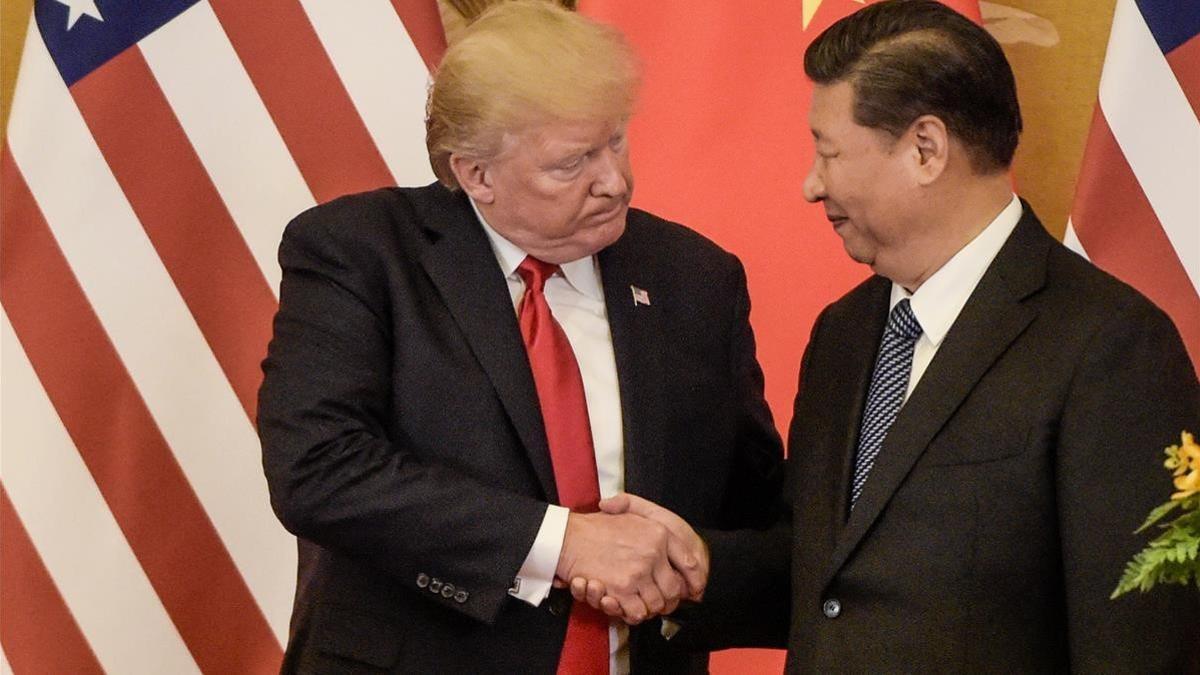Why do those of us who are suffocated with misery and pollution want Trump?
- Citizens of states that always vote as conservatives are poorer than those of other states, less educated, have worse health, have less life expectancy than those of the more liberal states, 5 years less. The Red States, the colour of the Republicans, have also proclaimed themselves champions in industrial pollution. Why are you going to vote for Donald Trump, who is going to end environmental laws?
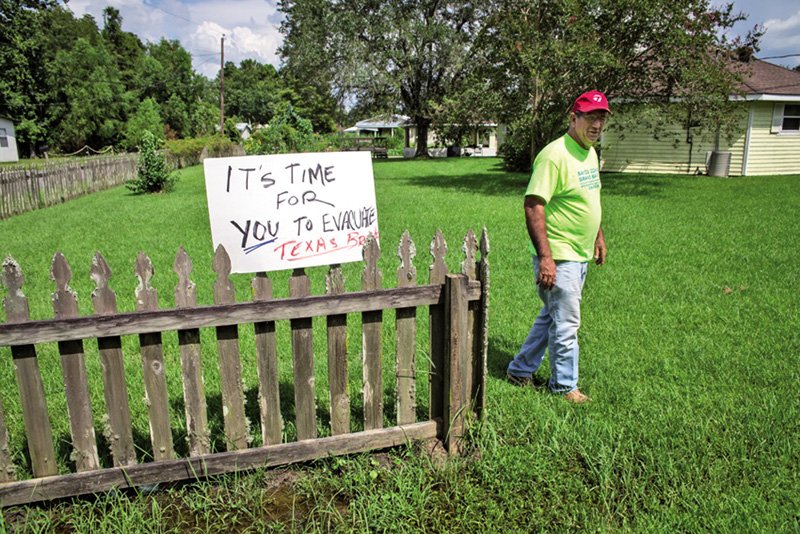
American sociologist Arlie Hochschild (1940) wanted to understand why the most affected by the neoliberal system are tea party and the campaign for Donald Trump. Earlier, another sociologist, Arthur O’Connor, had already shown that in the five presidential elections held between 1992 and 2008, the 22 states that Republicans have always won are the ones that suffer the most from environmental pollution problems.
Mrs. Hochschild, looking for answers, for five years, when she was 76, has turned away from the comfort of the liberal Berkeley of California to go over and over again to the swamps of Louisiana to meet people troubled by the economic crisis and the contagion of the multinationals. He has gathered what he learned by listening to his reasons “Strangers in Their Own Land: Anger and Mourning on the American Right EE.UU. ). The Guardian newspaper has advanced a chapter that begins as follows: “The great paradox of American politics can explain the secret of Trump’s success.”
Lee Sherman, 82, is one of those who has visited the sociologist until he became friends with him, a man who in his youth was a footballer and who today is not accompanied by a taka-taka. However, he does not complain that, having worked in a petrochemical factory, of the 15 workers who were part of the group, he is the only one who survives. Sherman has worked on the most dangerous jobs.
In 1965 he settled at PPG Pittsburgh Plate Glass and as a good technician, he was in charge of repairing failures in pipes that carried potentially dangerous pollutants, fighting every day with dichloroethane, mercury, lead, chromium, polycyclic aromatic hydrocarbons and dioxins. Sherman is a man who has escaped an accident mortal.Los company bosses, yet they needed more, and they declared him the most dangerous usine job.
The most poisonous chemical residue generated by the PPG factory, the viscous paste that the production of dichloroethane had left inside the large furnaces, had to be transported by truck to the beautiful Bayou d’Inde. The dangerous rubbish had to come very hot so that, before solidifying, it would sink into the dark waters of the shore.
“I know I didn’t do it well,” he tells the sociologist. “Toxins kill. I really feel like I've done it." For years Sherman had made a deadly transport to finally get a pious repair from his patrons.
After being ill for eight months, he had to be at home on the orders of the doctors. When he returned to work, after turning 15 years from the most laborious orders, he was dismissed reproaching his absenteeism.
Lee Sherman loves the marshes he calls Bayou of Louisiana, life and people, the world of fishing. And he has shown it. In 1987, the U.S. authorities applied severe measures to fishermen because of poisons that have often been thrown by factories in the Louisiana Paradise Marshes. For half an hour, during one of those meetings between government delegates and fishermen, Sherman spoke to explain to them their polluting transport. This resulted in compensation of $12,000 per fisherman.
The “great paradox” of
the EE.UU. is Louisiana, the largest toxic landfill EE.UU. The effects of pollutants have come to destroy entire neighborhoods. As before, the country’s chemical waste, now in Pennsylvania and other distant countries, the water contaminated by fracking is injected by piercing the lake bottom. The earthquake and the trenches that have devoured houses and even entire streets have been the cause of the explosions.
Many people have mobilized in defense of the Bayous, they have come together in groups and coalitions of carpenters, teachers and farmers, social movements have multiplied everywhere. But most of them move around the Republican tea party. The most common thing about the people interviewed by Arlie Hochschild over these years is that being the most important event of his life they have been betrayed and crushed by the industry, unemployed, destroyed by the whole community... but they themselves feel – and they demonstrate by voting – that treason has been done to them by the federal government of the United States. Trump, a victim of a breach of environmental laws, will also vote in favour of Trump, who has announced the withdrawal of laws.
In Horchschilde’s interpretation, that “great paradox” is based on the polarization of the Americans that Bill Bishop describes in his book The Big Sort – “The Big Grouping” –: today citizens do not get confused by moving in search of a better life from one place to another. More and more equals join peers, those who have similar ways of life and ideas, and each group becomes radicalized in it. The same television channels, the same blogs and churches, the same issues of debate...
Each group develops a deep story that better explains political behaviors and behaviors than the economic and social context itself. A deep story feels like it's true, it changes opinions and facts, it reveals what people feel. It helps people of a political choice maintain and explain their view of the difference with the other group.
Horchschild recreated with a metaphor the in-depth story of those who, crushed by neoliberalism, will vote for Trump in Louisiana. Here.
People are in line waiting for you to come up to the mountain and you patiently respect your turn. As the hours pass, the sun heats up, you're not very happy, the line doesn't advance, sometimes it seems you're going backwards, things have become crooked in these years. The law of the Americans is always to move forward and now there is no progress. You do not complain that way, you are a responsible American.
But ... Look! They've been glued in the line. Which one? Black people, immigrants, Muslims ... For them there are the aids that you needed and that you have been denied during these years to move on. And who is authorising all of this? A black president, Obama!
Horchschild: “In the unrecognized, tired and angry class war awaiting the dream, hatred of the federal government that protects those who ‘steal’ the turn has increased in the citizenry. They hate people who need public aid. They don’t want to see that they also need public help to fix their destroyed homes.”
Professor Jeffrey Sachs of Columbia University is interviewed by Yanis Varoufakis on the DiEM25 movement’s YouTube channel. This explains that in international politics the United States of America plays poker, Russia plays chess and the Chinese play Go. The latter was... [+]
Washington, D.C., June 17, 1930. The U.S. Congress passed the Tariff Act. It is also known as the Smoot-Hawley Act because it was promoted by Senator Reed Smoot and Representative Willis Hawley.
The law raised import tax limits for about 900 products by 40% to 60% in order to... [+]
Bandera amerikanoz inguratuta, muga-zergen oldarraldi berria iragarri zion munduari Donald Trumpek apirilaren 2an. Geroztik hamaika astindu jasan dituzte burtsek eta nazioarteko merkataritzak. Baina hau ez da zoro baten boxeorako ringa bakarrik: AEBetako politikan hamarkada... [+]
If that's the fear. Donald Trump seems to have come to occupy Washington’s rounded office for a long time. He has a second mandate, but to his close advisers, confirming that he is not joking, he also mentions his rigid goal of changing some isolated numbers in the Constitution... [+]







